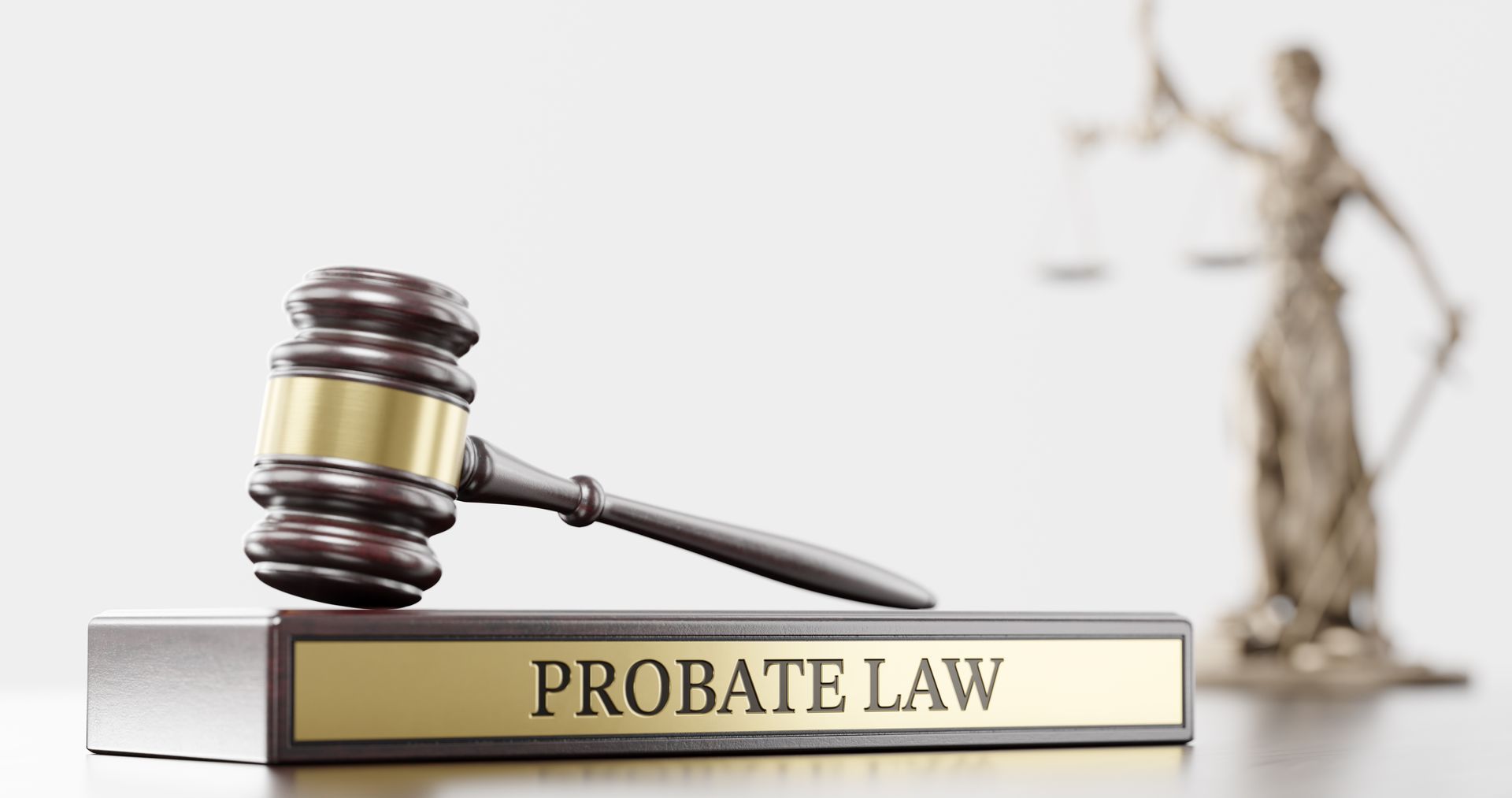Understanding Power of Attorney: What It Is and When You Need One
Understanding Power of Attorney: What It Is and When You Need One
A Power of Attorney (POA) is a legal document that grants an individual, known as an agent or attorney-in-fact, the authority to act on behalf of another person, referred to as the principal. This document can be essential for managing financial, medical, or personal affairs when the principal is unable to do so themselves.
Types of Power of Attorney
There are different types of POAs, each serving a specific purpose:
- General Power of Attorney – Grants broad powers to an agent for financial and legal decisions.
- Durable Power of Attorney – Remains in effect even if the principal becomes incapacitated.
- Limited or Special Power of Attorney – Grants specific powers for a particular task or time frame.
- Medical Power of Attorney – Allows an agent to make healthcare decisions on the principal’s behalf.
- Springing Power of Attorney – Becomes active only under specific circumstances, such as the principal's incapacitation.
When Do You Need a Power of Attorney?
A POA is beneficial in various situations, including:
- Estate Planning – Ensures financial and medical decisions can be made if you become incapacitated.
- Medical Emergencies – Allows a trusted individual to make healthcare decisions if you cannot communicate.
- Travel or Military Deployment – Authorizes someone to handle financial or legal matters while you are away.
- Cognitive Decline – Ensures trusted individuals can manage affairs as needed.
Having a properly executed POA can prevent legal complications and give peace of mind that your affairs will be handled as you intend. At Arbor Law PLLC, we assist Michigan residents in drafting and executing POA documents tailored to their needs. Whether you need a financial, medical, or general POA, our legal team can provide the guidance necessary to protect your interests.











